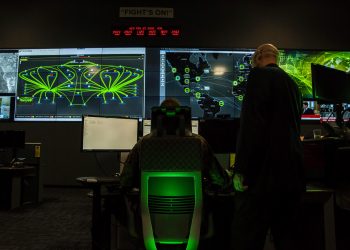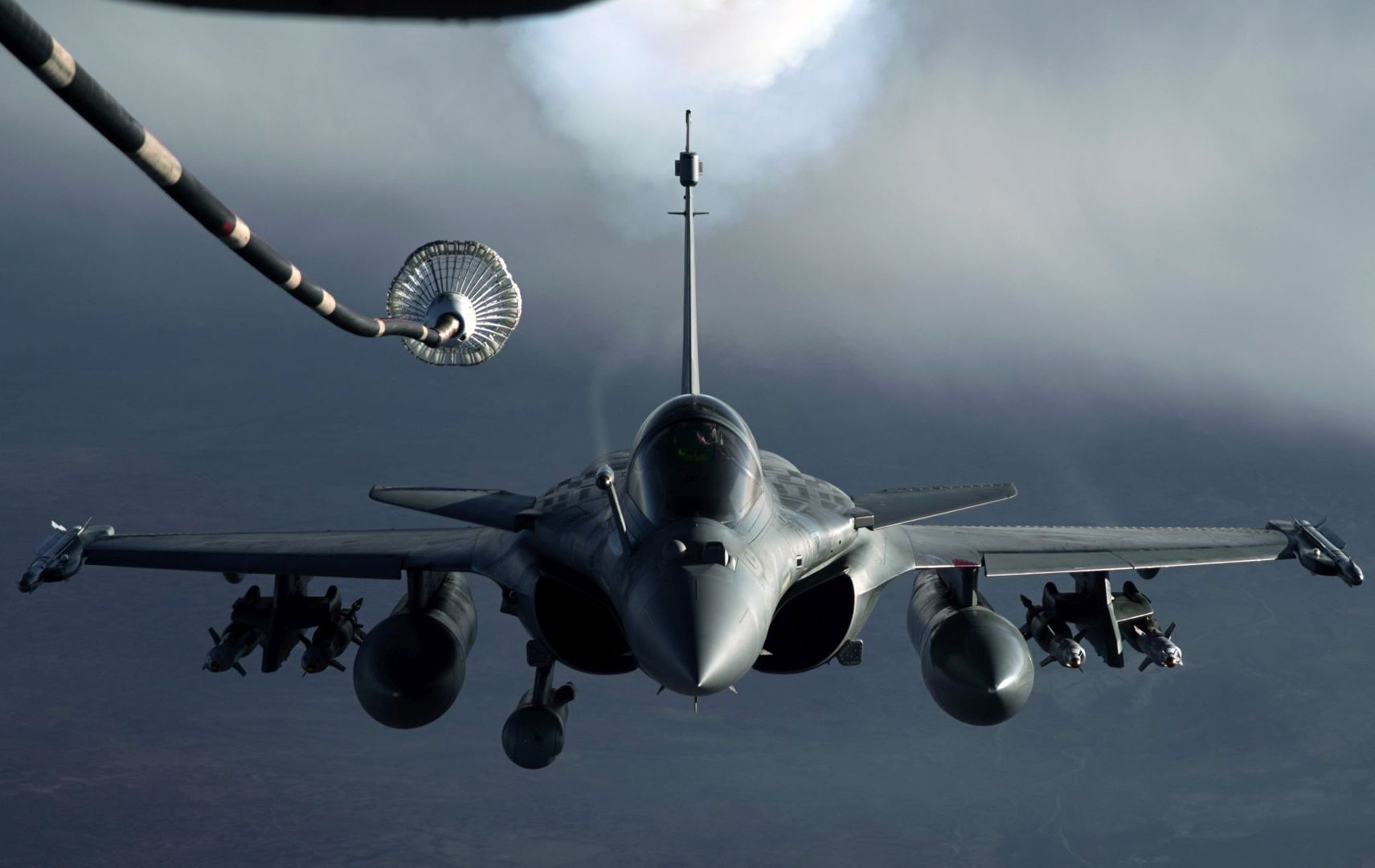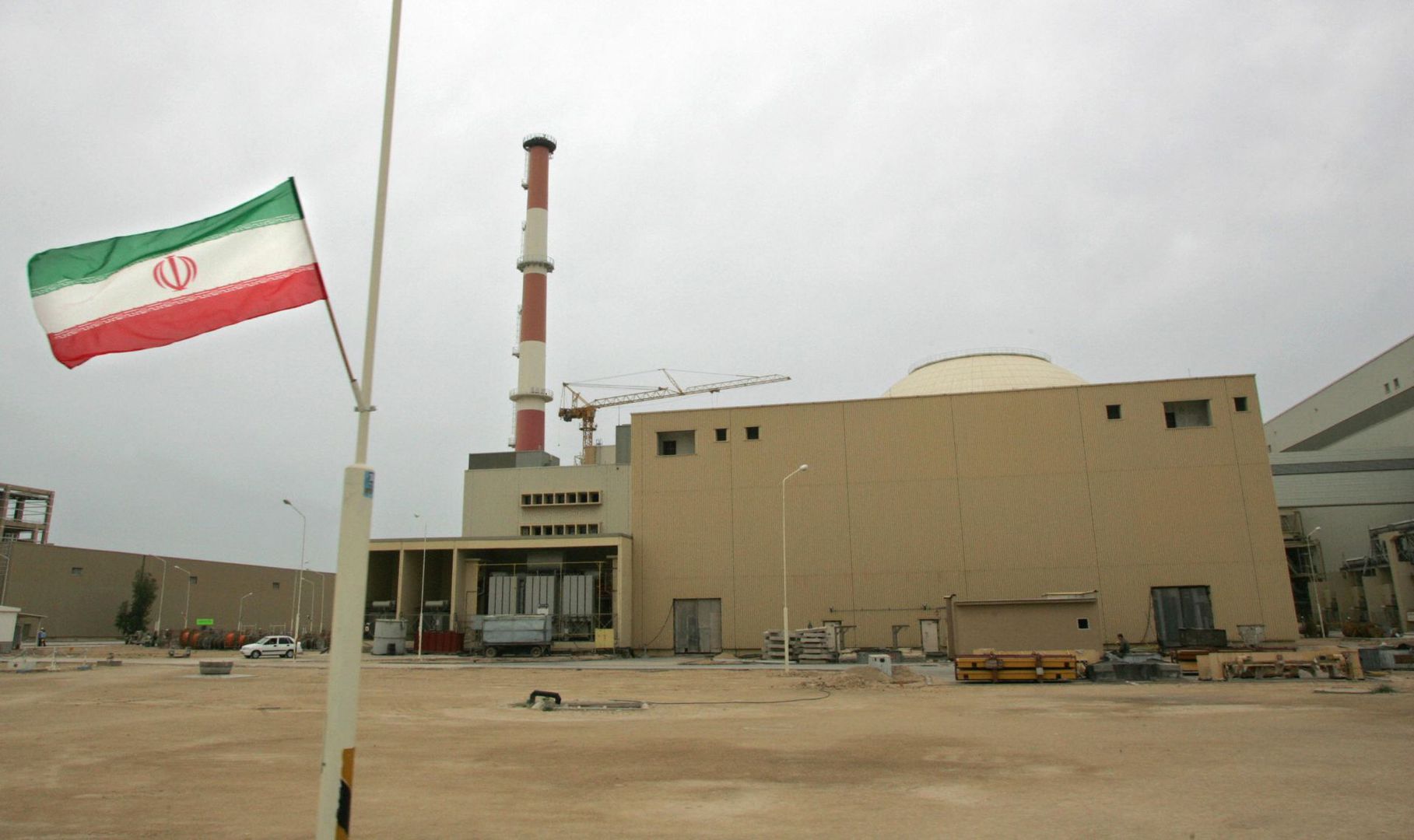ORLANDO, Fla.: Hundreds of Army medical, science and technology experts gathered to discuss neuroscience and its role in training and materiel development on the third day of the 27th Army Science Conference Dec. 1.
“Soldiers are human beings for whom we must consider and account for cognitive, physical and the social ethical domains,” Marilyn M. Freeman, deputy assistant secretary of the Army for Research and Technology, said when opening the session.
Paul W. Glimcher from the Glimcher Lab and New York University was the first guest speaker of the day. He explained that the goal of neuroscience goes beyond strictly finding a technology-based solution but instead using the knowledge of the brain to improve training, existing behavioral tools, force readiness and Soldier selection.
“The goal here is not a lot of extra technology or a lot of money spent,” Glimcher said. “The goal here is to enhance what we already do well by using what we know about the brain. The trick is to bring to bear sophisticated, warfighter-directed understanding of the brain and to use it to fundamentally change the way we do everyday stuff.”
Following the morning’s guest speakers, Mike Merzenich, professor emeritus neuroscientist from the University of California, San Francisco kicked off the panel discussion. He discussed taking proper advantage of brain plasticity to grow the Army’s brain power.
According to Merzenich, brain plasticity is a revolutionary change in perspective. He says understanding the concept of brain plasticity could help in training young recruits or officer candidates that have had a less-than-ideal education or personal background.
“We know now that the brain is continually re-wiring itself as a function of how we use it,” Merzenich said. “It’s continually changing itself to specialize in ways that adapt to the environments to which we happen to have been born.”
While the first two panelists’ presentations were focused on the aspect of training, the final two panelists’ presentations were geared toward potential advances in materiel. Scott Makeig, director of the Swartz Center for the Computational Neuroscience, Institute for Neural Computation and the University of California, San Diego, focused on the concept of mobile brain/body imagining (MoBI).
While current brain imaging machines, such as an EEG, require subjects to sit still during imaging, the MoBI concept is to record and model what the brain does, what the brain experiences and what the brain organizes while the body is moving.
“The knowledge accumulated today will be the starting point for (Army Research Laboratory) under the CTA for cognitive neuroergonomics in which we will have a laboratory emulating a cockpit of an advanced crew vehicle,” Makeig said.
The final panelist of the morning was Gerwin Schalk, research scientist V from the Wadsworth Center, Albany Medical College Department of Neurosurgery, Washington University in St. Louis, Department of Biomedical Engineering, Rensselaer Polytechnic Institute Department of Biomedical Science and State University of New York at Albany. Schalk spoke on the relatively new field of brain and computer interfaces.
“We have these extremely capable computers and extremely capable brains, but very bad ways for these two powerful systems to interact with each other,” Shalk said.
He explained that steps are being taken for the human brain to successfully interact with a computer. Shalk showed an example of a person playing a video game by partially controlling it with his brain. The subject was able to move the character in the game with a joystick while making it perform tasks, such as shooting an enemy, by using only his brain.
Following the panel discussion, Laural Allender, ARL director of Human Research and Engineering Directorate, summed up why these panel discussions are so important, particularly within the realm of the Army’s science and technology community.
“Neuroscience is clearly a hot topic and is also controversial,” Allender said. “To me, this is the exact forum for this approach. We cannot afford to be timid here. There are some very exciting things on the horizon.”








